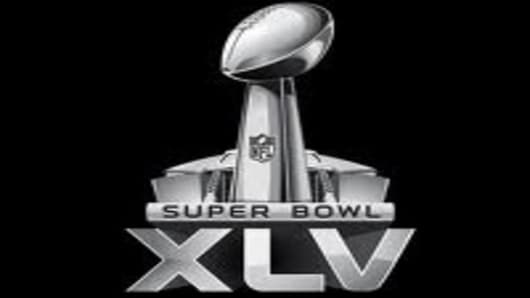Shouldn’t the Super Bowl MVP automatically be chosen to say, “I’m going to Disneyland!”? And shouldn't the Super Bowl quarterbacks be the natural choice to appear in the annual pregame "Got Milk?" USA Today print advertisement?
If athletic performance alone dictated marketing success, those questions could be answered with a simple "Yes."
But on-the-field athletic success does not always equate to off-the-field marketing fame. If it did, athletes such as Tim Duncan and Pete Sampras would have been as marketable as Shaq and Andre Agassi.
In my opinion, marketing success is determined by a combination of seven factors.
1. Personality Traits – Marketers look at an athlete’s personality in two distinct ways. First, and naturally, brands want to work with trustworthy, relevant and brand-appropriate people. These traits come shining through during the execution of the program (especially if there are changes in the program midway through it, and one needs the talent to bend a bit). In our business, we are always sharing our thoughts about which celebrities are the “good guys,” as well as descriptions of the personalities of their representation teams. Deals can be complicated, and you want to work with people you will trust. Second, there’s the very important IT-factor, an undefined trait that some celebrities possess which generates an abnormally high volume of attention and buzz (cue: Kim Kardashian and Anna Kournikova).
2. Geography – Fortunately for NFL players, their team’s location is less important than in other sports because of the national popularity of the game. In other sports, the top players on their teams in Indianapolis, Green Bay and/or Denver would never have had the marketing success of Peyton Manning, John Elway and Brett Favre. That said, players in New York and other major markets do have an advantage because of their markets' size and media influence. Tiki Barber is a prime example of one who was never in the top five players in his position during his career, but his NY geography increased his marketability into that category.
3. Price – Athletes' marketing success is often controlled by their agents. On one hand, agents can demand too much and miss out on opportunities for clients. Or sometimes they will lower their client's price, believing (and hoping) that the program’s potential success and marketing spend will help propel the athlete’s awareness, popularity and their next deal.



